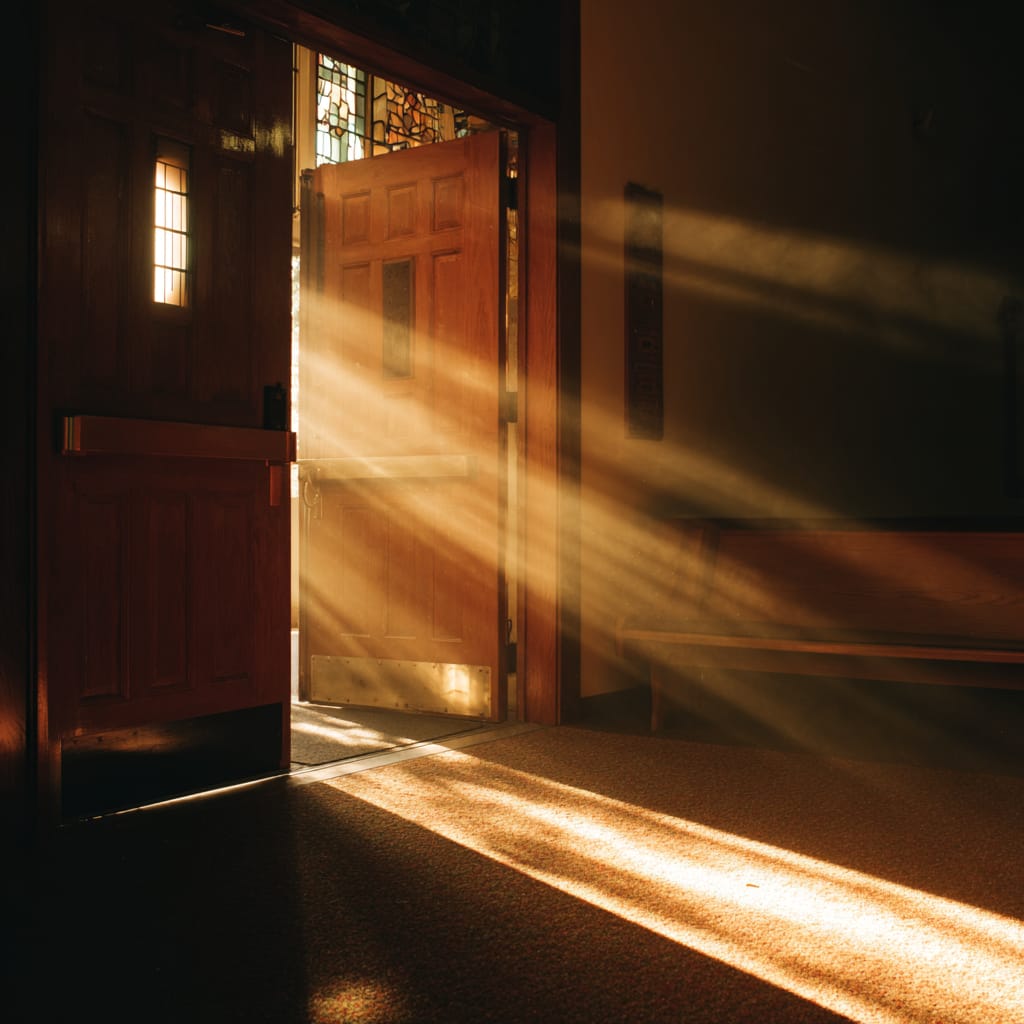As Earth Day just passed, we are reminded of the significance of caring for our planet and the environment. This annual observance serves as a poignant reminder of our responsibility as stewards of creation, a responsibility that is deeply rooted in the values and teachings of faith. In this blog post, we will explore the …
As Earth Day just passed, we are reminded of the significance of caring for our planet and the environment. This annual observance serves as a poignant reminder of our responsibility as stewards of creation, a responsibility that is deeply rooted in the values and teachings of faith. In this blog post, we will explore the importance of creation care, its connection to the life of faith, and the imperative of sustainable practices and environmental stewardship within the context of religious beliefs.
The concept of creation care, also known as environmental stewardship, is deeply rooted in the biblical narrative. In the book of Genesis, we are reminded that humanity was given the responsibility to care for and cultivate the earth (Genesis 2:15). This divine mandate underscores the intrinsic value of creation and emphasizes the interconnectedness of all living beings. As people of faith, we are called to recognize the sacredness of the natural world and to act as responsible caretakers of God’s creation.
The urgency of embracing creation care becomes evident when we consider the current state of our environment. According to the Intergovernmental Panel on Climate Change (IPCC), human activities have significantly contributed to global warming, resulting in adverse impacts such as rising sea levels, extreme weather events, and loss of biodiversity. The World Wildlife Fund (WWF) reports that over the past 50 years, human activity has led to a 60% decline in wildlife populations. These sobering statistics serve as a wake-up call, compelling us to reevaluate our relationship with the environment and to take meaningful action to mitigate further harm.
Sustainable practices play a pivotal role in promoting creation care within the framework of faith. Embracing sustainable living entails making conscious choices that prioritize the well-being of the planet and its inhabitants. This can manifest in various ways, such as reducing energy consumption, minimizing waste, supporting ethical sourcing and production, and advocating for policies that promote environmental conservation. By adopting sustainable practices, we demonstrate our commitment to honoring the integrity of creation and safeguarding the environment for future generations.
Environmental stewardship is not merely a matter of ecological responsibility; it is also a reflection of our spiritual values. The Lutheran tradition, rooted in the theology of vocation, emphasizes the notion that all aspects of life are imbued with divine purpose and meaning. This includes our role as caretakers of creation. Our commitment to environmental stewardship is a tangible expression of our faith, reflecting our reverence for the Creator and our compassion for the world that God has entrusted to our care.
In addition to the theological underpinnings of creation care, the teachings of Jesus Christ provide a compelling framework for environmental stewardship. Jesus’ ministry was characterized by compassion, justice, and love for all of God’s creation. His teachings underscore the interconnectedness of humanity and the natural world, urging us to embrace a holistic ethic of care and responsibility. As followers of Christ, we are called to embody these values in our relationship with the environment, seeking justice for the marginalized and advocating for the preservation of ecological balance.
The imperative of creation care is not confined to the realm of theology; it extends to the realm of practical action. As individuals and communities of faith, we have the opportunity to effect positive change through collective efforts. This can take the form of organizing environmental initiatives, participating in community clean-up projects, supporting sustainable agriculture, and advocating for policies that promote ecological sustainability. By mobilizing our faith communities to engage in environmental stewardship, we can amplify our impact and contribute to the flourishing of God’s creation.
In conclusion, the observance of Earth Day serves as a poignant reminder of our sacred duty as stewards of creation. The imperative of creation care is deeply intertwined with the values and teachings of faith, calling us to embrace sustainable practices and environmental stewardship. As people of faith, we are entrusted with the profound responsibility of caring for the earth and safeguarding its beauty and abundance. Let us heed this call with reverence, compassion, and unwavering commitment, knowing that our actions today will shape the legacy we leave for future generations.








